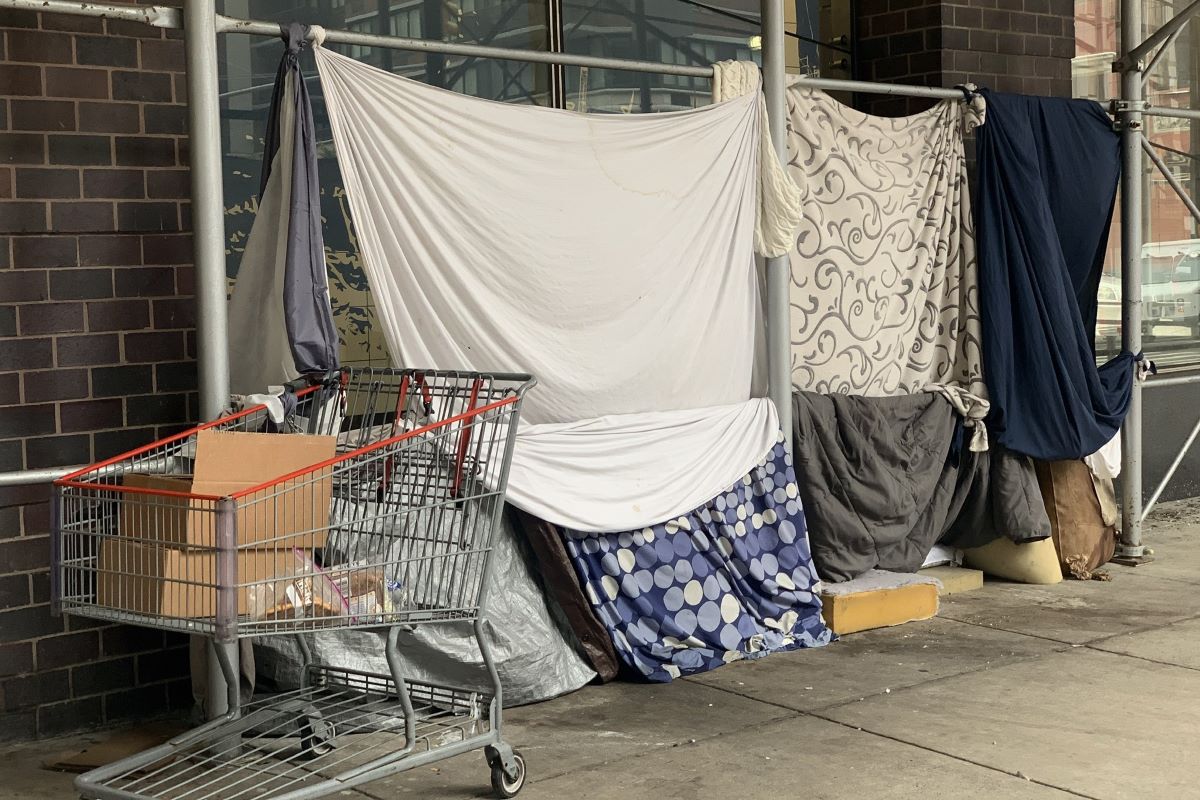In the 1940s, my grandfather jumped on a ship and eventually landed on the Big Island of Hawaii, where he worked on a plantation. He was barely an adult then—just a kid born to poor rice farmers in the Philippines.
He gambled for a ticket that promised a job and a better life. In a split second, he made a decision that changed his life and the lives of everyone who came after him. I was born American because of him.
That job led him to Oahu and eventually into a union job, where he worked in construction for many years. With that job, he built a house and a family for himself. Slowly, he helped his relatives cross the Pacific.
Many years later, I was born and grew up in that very house.
It was thanks to my grandfather that I was afforded a better life. When he retired, he drove me to school every morning. He’d take me to get a cherry slushie on the way home almost every day. Even though we didn’t have much money, he managed to make enough selling cans to the recycling center to get me a little treat every day.
I like to think of that as the glory days. We didn’t have much, but it sure looked like a lot then. We were fed, and I was happy just walking around our small town with my friends and putting together our few bucks to share a milkshake at McDonald’s. Blessed to be American, we thought.
That dream is still alive in the hearts and minds of many people and families overseas. And it’s not just those from poverty-stricken communities in Mexico, but in many parts of the world, those living in 3rd world countries dreaming of higher wages and a better standard of living.
But nearly a century later, the American Dream has been suffocated by late-stage capitalism, and it is not all guts and glory that many migrants envision.
Times have changed. In my early 20s, I rented from a slumlord that doubled my rent, pushing me out of my apartment and landing me in various homeless shelters. Now I’m sitting in my tiny New York City apartment, recently laid off from my once cushiony government job, barely making ends meet.
Every day, I turn on my laptop and chat with one of my best friends on Discord. She is a couple of years younger than me, and you won’t believe where she’s from. You guessed it – she’s from the Philippines. We met on an online video game. She’s 12 hours ahead of me, so she’s often going to bed when I’m just getting up.
When I tell her about life in America today, she is shocked. She can’t believe life in such a wealthy country could be so hard. This news floods her ears with hopelessness and confusion as her own dreams are now in question.
I wonder what my Grandpa would think today about all of this if he were still alive. I wonder if he’d think all his hard work and sacrifices were in vain, especially when he sees how much student debt I’m in and how difficult life has been for my parents and me. I bet he’d never imagine I’d be homeless.
Times have changed, indeed. Oh, those glory days—I dream of them often.
However, many parts of the world still see the guts and glory. They see the dream, and it’s alive and well in their hearts. But can you blame them? The best and the freest nation in the world is our narrative, after all. And, despite all the blood spilled and soil we soaked on the way to that dream, maybe it was the best. But again, times have changed, and that narrative is no longer accurate.
Still, that narrative made way for our new reality. Today, migrants die as they cross the Rio Grande on foot with their children on their backs. They evade border patrol, finding a spot to cross the water.
This is extremely dangerous. The water is deep, and the undercurrent can quickly pull you under, drowning you within a few minutes. Because they don’t want their children to grow up in crime and poverty, they risk it. Often, it’s because they have no choice. Many lose their lives on their way here.
Many spend weeks, even months, making the journey. Some spend thousands upon thousands of dollars just making it across the border. When they make it here, it’s often all hunger and sorrow.
Their dream, for some, is still intact. Others are struck with the reality that many Americans hate them, and there is no food or water. They are processed, sent to migrant detention camps, and soon shipped off to big cities like New York City, Denver, and Chicago.
When they arrive in these iconic cities, they quickly discover this wealthy nation does not offer salvation. In some cases, not even a roof. They realize how cold it is, and those from warmer climates worry they won’t be able to survive in these temperatures, especially when they’re given tents instead of shelter.
Soon, the American dream becomes clear.
Like a mirage, it tricked them into quicksand. Some pulled under before they even arrived, while others continued across the desert to find no oasis or water.
Many like to point at migrants when thinking of the migrant crisis. However, I think the migrant crisis is another side effect of a global crisis caused by a failed system.
Capitalism didn’t work. Our welfare system does not work.
The wealthiest people in the world have hoarded so much land, property, and wealth that there isn’t enough to go around for the rest of us. The side effects of that are global and quickly crushing us. It’s time to fight back. As it stands, there are enough resources to take care of everyone, and no one deserves to sleep outside—no one.











